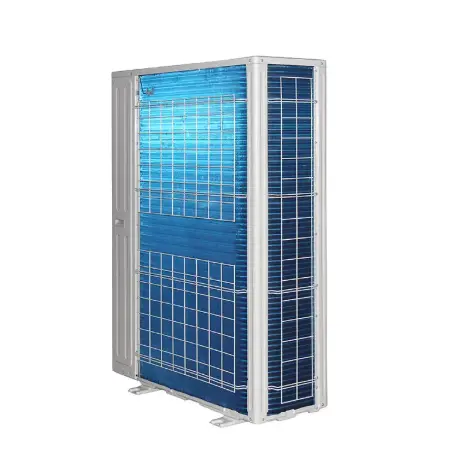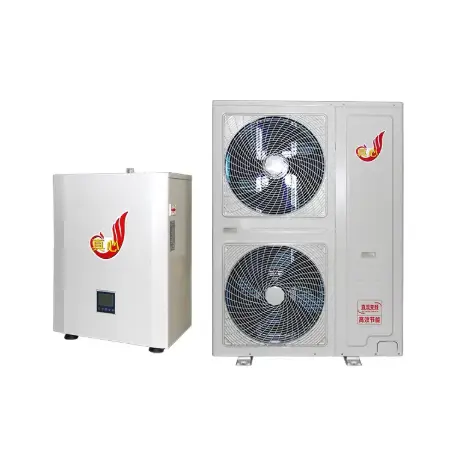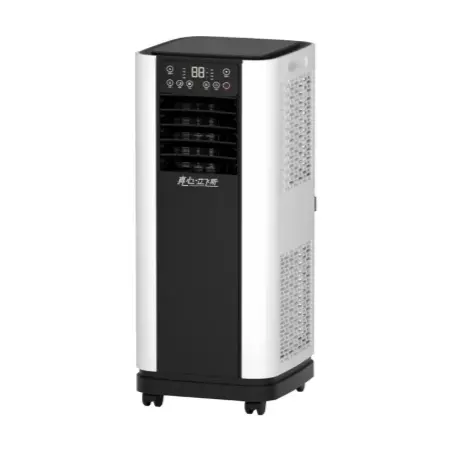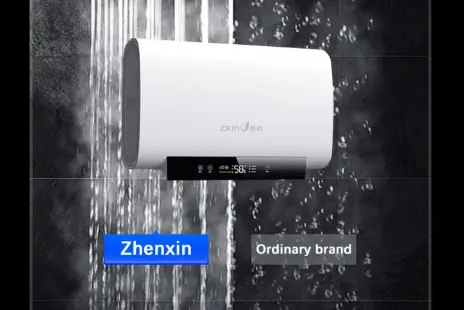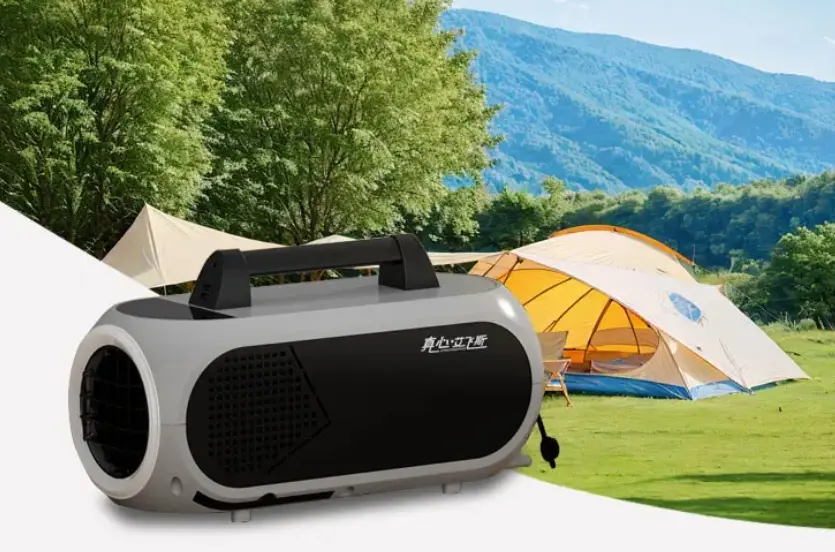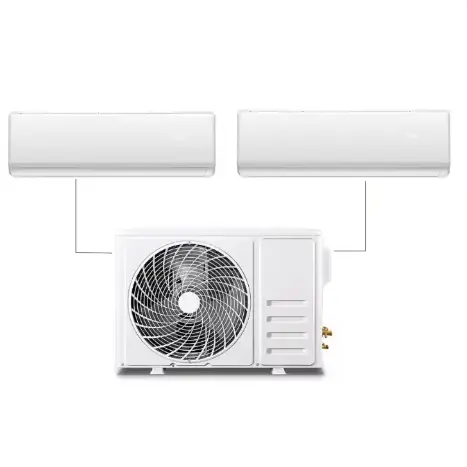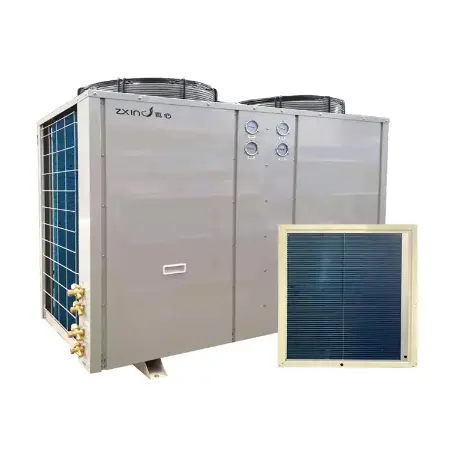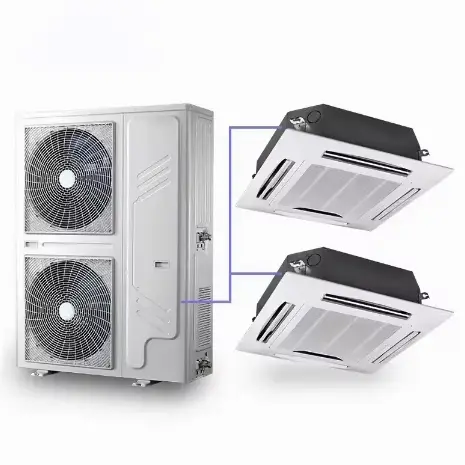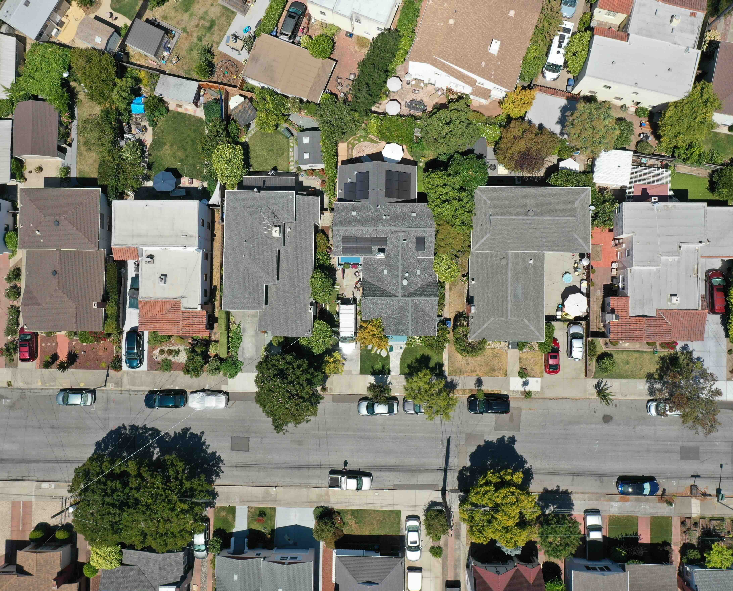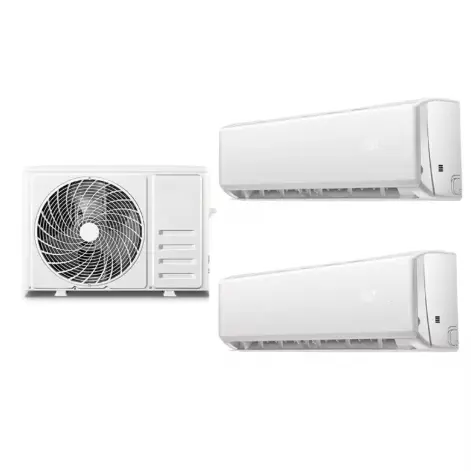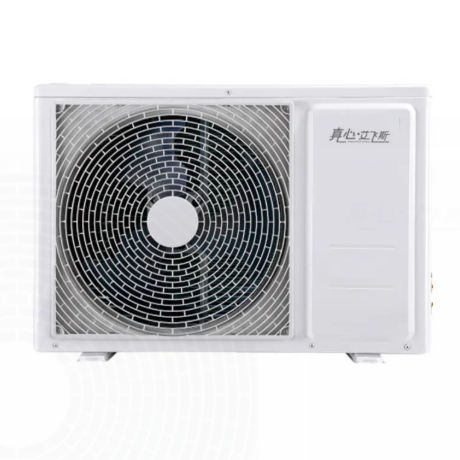How heat pumps achieve over 100% efficiency ?
In recent years, Heat Pumps have become increasingly popular as an efficient and environmentally friendly way to heat and cool homes. Capable of achieving efficiencies exceeding 100%, these innovative devices are an attractive option for homeowners looking to reduce their energy consumption and utility bills.
So how do heat pumps achieve over 100% efficiency? The key lies in their ability to transfer heat from one place to another, rather than generating heat through combustion or electrical resistance. This process enables heat pumps to provide an energy output greater than the required energy input, resulting in a coefficient of performance (COP) greater than 1.0.
One of the most common types of heat pumps is an air source heat pump, which extracts heat from the outdoor air and transfers it indoors to heat the home. In the summer, the process is reversed, with the heat pump extracting heat from the indoor air and releasing it outdoors to cool the home. This dual functionality makes heat pumps a versatile and efficient solution for year-round living comfort.
Another type of heat pump is a ground source heat pump, also known as a geothermal heat pump. This system uses the relatively constant temperature of the earth's surface to extract or dissipate heat, providing efficient and stable heating and cooling. By utilizing geothermal energy, ground source heat pumps are even more efficient than air source heat pumps.
In addition to their high efficiency, heat pumps offer a host of other benefits to homeowners. Known for their quiet operation, low maintenance costs, and long lifespan, they are a reliable and cost-effective heating and cooling solution. In addition, heat pumps can help reduce greenhouse gas emissions and dependence on fossil fuels, creating a more sustainable, greener living environment.
The efficiency of A Heat Pump can be further improved through the use of advanced technologies and features. For example, variable-speed compressors and fans allow the heat pump to adjust its output to meet the specific heating or cooling needs of a home, optimizing performance and saving energy. In addition, smart thermostats and zoning systems can help maximize the efficiency of a heat pump by precisely controlling temperature settings and regulating the distribution of air.
As the demand for energy-efficient and environmentally friendly solutions continues to grow, heat pumps are expected to play an important role in the future of residential heating and cooling. As technology continues to advance and awareness of the benefits of heat pumps increases, more homeowners are likely to consider these systems as a viable alternative to traditional heating and cooling methods.
In summary, heat pumps have excellent performance and can effectively transfer heat from one location to another, achieving efficiencies of more than 100%. Whether extracting heat from outdoor air or using geothermal energy, heat pumps provide an efficient and sustainable way to heat and cool homes. With their many advantages and potential for further improvement, heat pumps are expected to become an integral part of the transition to energy-efficient and environmentally friendly residential heating and cooling solutions.


